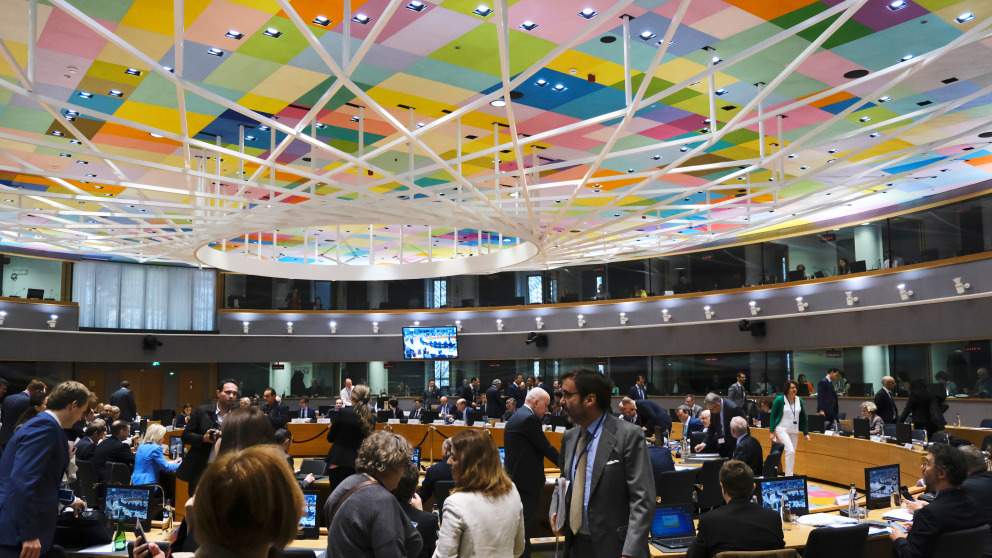CO2nsistent: Making TEA and LCA for CCU Comprehensible for Policymakers
Duration

CO2nsistent is a joint initiative with experts from Europe and the United States. In addition to the RIFS group "CO2 Utilisation Strategies and Society", the project team comprises researchers from the University of Michigan, the University of Aachen, the University of Sheffield and TU Berlin. It is engaged in developing further LCA and TEA for CO2 utilisation technologies. With financing from the Global CO2 Initiative (GCI), the same partners published the first version of the guidelines "Techno-Economic Assessment & Life Cycle Assessment Guidelines for CO2 Utilization" in 2018. The second phase of the project started in April 2019 and is co-financed for three years by GCI and EIT Climate-KIC. In this new phase, the CO2nsistent group aims to provide science-based guidance for key remaining challenges and to come up with technical solutions that are to be debated and examined in close cooperation with international experts. The group's current activities build on the first version of the guidelines and aim to broaden and deepen their scope in the following fields:
- Harmonise key elements (e.g. vocabulary) of current international activities for CCU assessments;
- Enable practitioners to account for multiple criteria, for example by using combined indicators (e.g. CO2 abatement costs);
- Provide guidance for meaningful low TRL stage and LCA/TEA integrated assessments necessary for investment decisions;
- Disseminate best practices for TEA, LCA and combined assessments among relevant stakeholders;
- Provide guidance for policymakers on how best to commission and use TEA and LCA studies according to their specific needs.
The main task of the RIFS within the CO2nsistent group is to identify difficulties and special requirements in applying and harmonising such assessment methods for decision-makers and policymakers. Based on this assessment, accessible, transparent and comprehensible guidance materials are developed to enable policymakers and other essential stakeholder groups to read, understand and commission TEA and LCA studies for CO2 utilisation technologies for their specific purposes. It is vital that such assessments demonstrate that the proposed CCU technologies contribute to environmental objectives and are economically viable, since CCU technologies depend on regulatory support, R&D funding, and competitiveness in the marketspace. Differences regarding how to assess, for example, the environmental weight of CO2 sources or multi-functionality of product systems can generate conflicting results.